Yep, let's talk about poop! You have probably landed here because either you can't poop, poop too much, have gastrointestinal (GI) discomfort, or your gut health is in havoc. When your gut is not working effectively, your whole body feels unwell!
Have you tried everything to get your digestive system back on track? Maybe you've seen multiple doctors, experimented with different medications, or followed a special diet, but nothing seems to be working. Western medicine tends to focus on only treating symptoms, while Eastern medicine takes a more holistic approach. It considers the patient's overall well-being to find the root cause of the issues.
Now is the perfect time to explore the benefits of the Chinese Body Clock for gut health. Following your own body's intrinsic rhythm is a simple and effective way to heal from within. It's a free tool and it does not require anything except your desire to feel better.
In this article, we'll explore the Traditional Chinese Medicine (TCM) Organ Clock and how it works. You'll learn how it affects digestion throughout the day and how your emotions play a role in gut health. Plus, we'll share some quick self-care tips to help boost your digestive well-being!
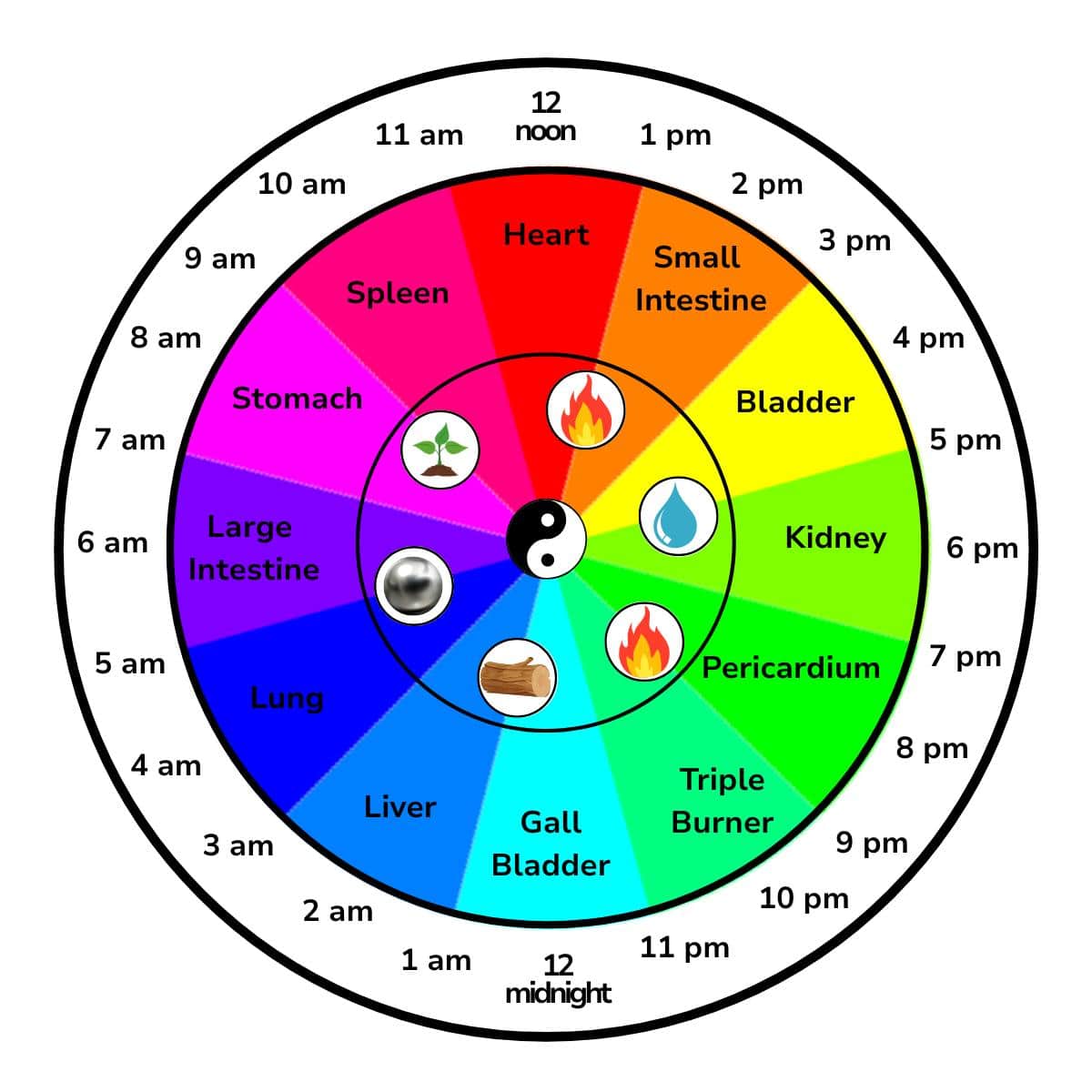
Before starting any new routine, it is best to speak to your physician regarding your specific needs and underlying health conditions. Ok, the nurse will step down from the soap box. Let's get started with some of the TCM basics!
Jump to:
- What is the Chinese Medicine Clock?
- Meridian System: Everything is Connected
- Why is this Important?
- 24 Hour TCM Organ Clock
- 1 AM - 3 AM: Liver Detoxification
- 3 AM - 5 AM: Lung Health
- 5 AM - 7 AM: Large Intestine Colon Cleansing
- 7 AM - 9 AM: Stomach Function
- 9 AM - 11 AM: Spleen Nourishment
- 11 AM - 1 PM: Heart Health
- 1 PM - 3 PM: Small Intestine Absorption
- 3 PM - 5 PM: Bladder Function
- 5 PM - 7 PM: Kidney
- 7 PM - 9 PM: Pericardium Protection
- 9 PM - 11 PM: Triple Burner Balance
- 11 PM - 1 AM: Gallbladder
- Managing the Chinese Meridian Clock as a Shift Worker
- Balancing Gut Health
- Disclaimer
- Sources
- More Traditional Chinese Medicine Articles
What is the Chinese Medicine Clock?
The Chinese medicine clock (also known as the organ clock or meridian clock) is a modality of care in TCM. This 24-hour clock is used to diagnose, treat patients, and is split up into 2-hour segments. Each of the 2-hour segments is aligned to when qi (your vital energy) flows best or peaks through the designated organs and their corresponding meridians.
For example, qi peaks through the large intestine organ and meridians between 5AM and 7AM making it the ultimate time to have a bowel movement. More on that later. By understanding your own intuitive body rhythms, the organ clock may be just what you need to help restore your gut health naturally.
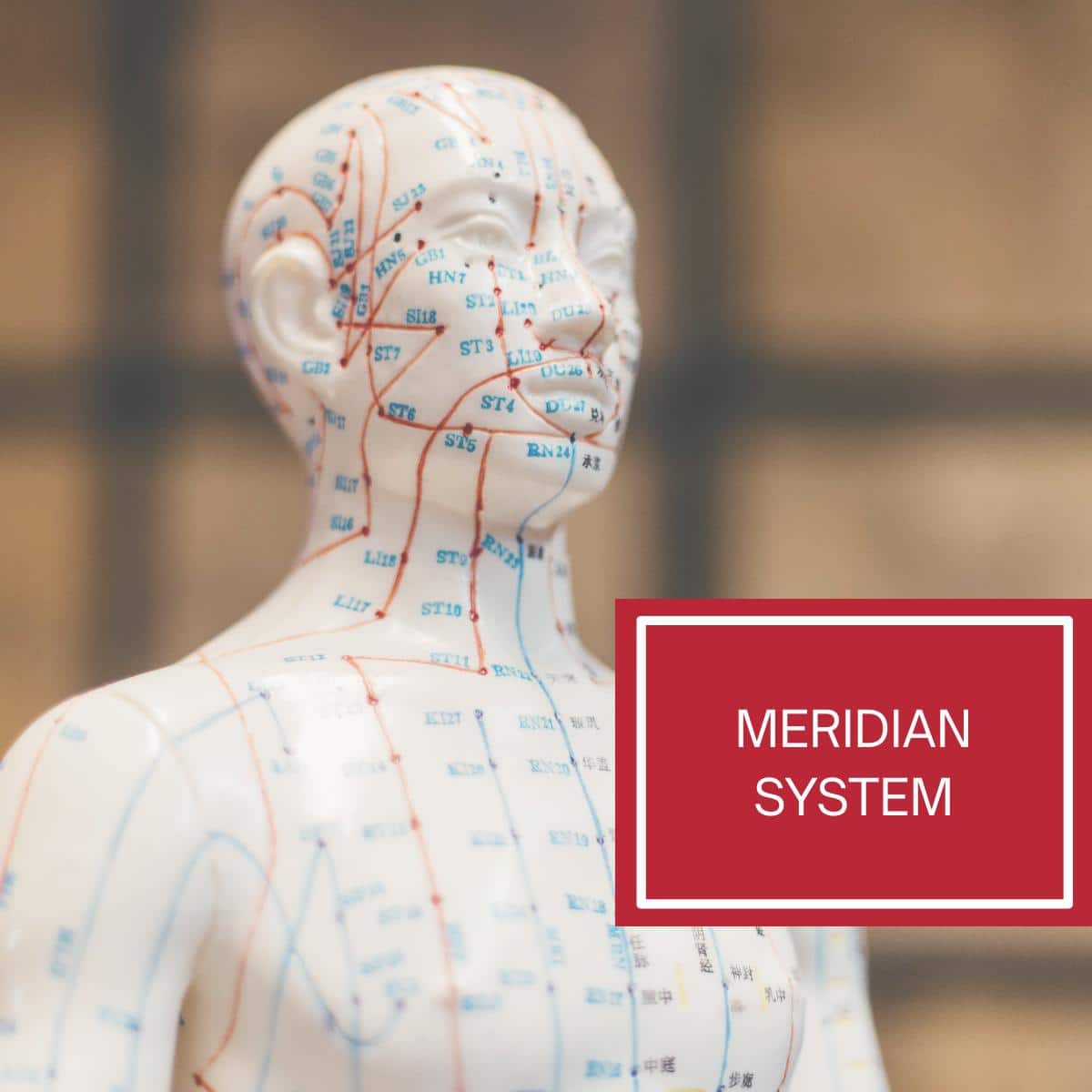
Meridian System: Everything is Connected
In traditional Chinese Medicine, all your organs, qi and blood are intertwined via meridians, collaterals and channels, like streets and expressways. (1) Take for example a large expressway construction project. Once those orange barrels go up, everything comes to a halt. Sometimes you are backed up for miles or you may be rerouted to another road. Then, it causes problems and hold ups on other roads.
The same concept goes for your body. If your qi or blood flows are blocked it can cause problems with the other organs. Another important aspect that often gets overlooked is how your emotional wellbeing influences your gut health. We will be uncovering how emotions are tied to organs in TCM and what you can do about it. This imbalance may make you sick and most certainly can affect your gastrointestinal system.
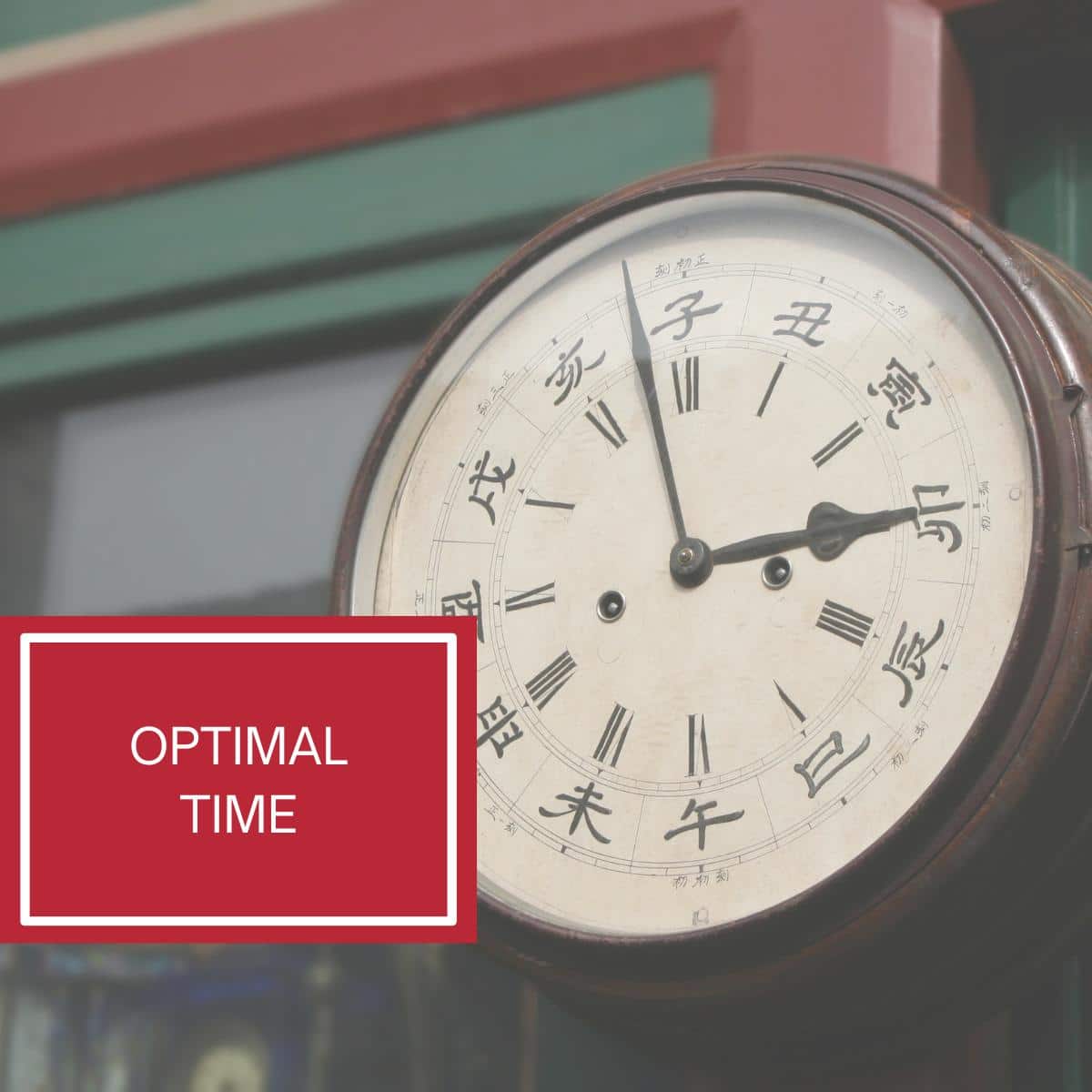
Why is this Important?
Understanding what times are tied to which organ and their respective meridians (pathways the Qi flows) is the main objective of the Chinese body clock. It can help you utilize the optimal time to perform bodily functions such as eating, sleeping, exercising, and eliminating to support your gut health. You might be performing all the best practices such as drinking lots of water and eating fiber for preventing constipation. But maybe you are not doing them at the optimal time for the best effect.
24 Hour TCM Organ Clock
Listed below are the Chinese body clock key time frames and functions in the 24-hour cycle. To help uncover the reason behind your gut issues we want to pay particular attention to these time frames; 1 am - 3am, 5 am - 7am, 7 am - 9am, 11 am - 1 pm, 3pm - 5pm and 9 pm - 11pm.
We understand that many of you are shift workers, travel frequently, have 2 jobs and so on. Therefore, we will be sharing some strategies to compensate for this further down the article.
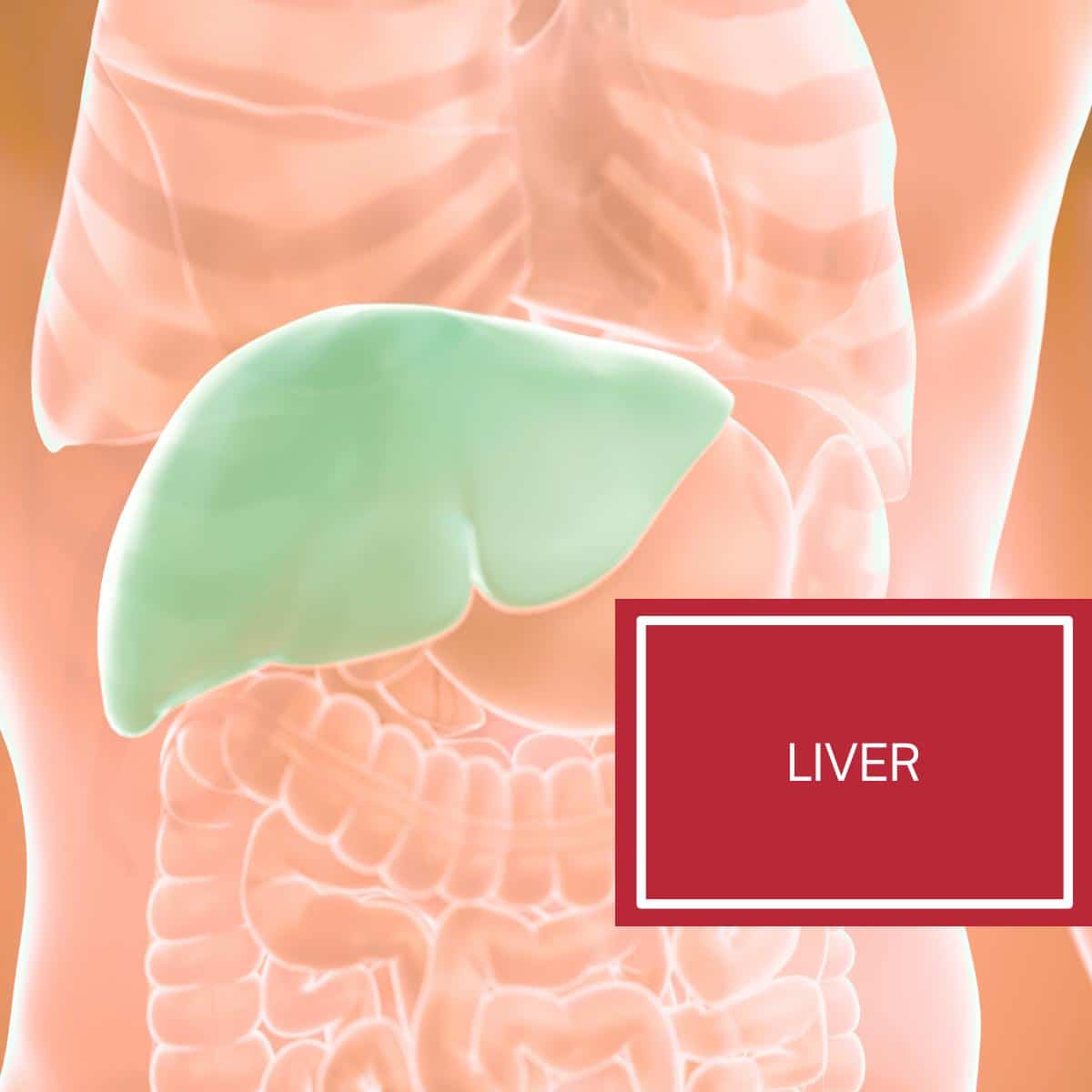
1 AM - 3 AM: Liver Detoxification
In the perfect world, you should be sleeping at this time. This allows the liver to rest and recover so it can ensure smooth flow of qi through the body, provide digestion assistance, detoxify, blood production, and regulate your emotional health. If you are repeatedly waking up during 1am and 3 am you may be dealing with stress, bad diet, or too much alcohol.
If your liver qi is stagnated and/or you are not able to sleep during this optimal time, it can cause many gastrointestinal issues like stomach aches, belching, bloating, diarrhea, constipation, or irritable bowel.(2)
Liver Self Care Tips:
- Deal with your stress during the day in an effective way that works for you. Try journaling, counseling or talking to a friend in confidence. Don't go to bed angry.
- If your mind races during the night because of stress of the things you need to do, keep a notepad by your bed and write it down on the list.
- Don't obsessively watch the news and social media as this negativity can wear down even the most optimistic person. Essentially, ignore the things you cannot change in your life. Instead, concentrate on the things you can change.
- Keep your eyes set on your long-term goals. Reflect on them daily and take actional steps so you do not feel stuck and frustrated in a situation you do not like.
- Read our love your liver; self-care and meal plan article for healthy recipe ideas and acupressure points to help you feel balanced and in control.
- Reduce your alcohol consumption. Try some non-alcoholic fruity drink recipes instead.
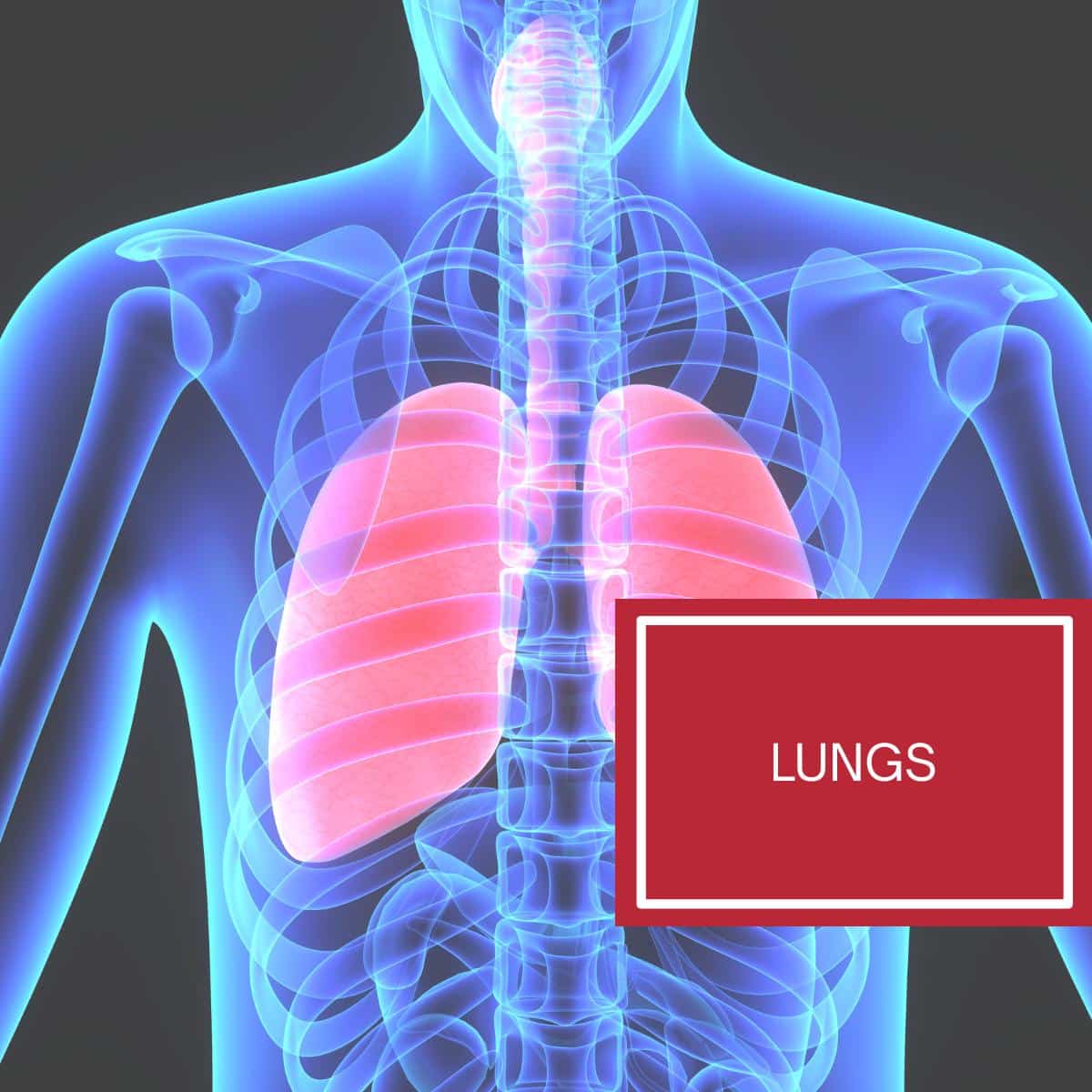
3 AM - 5 AM: Lung Health
According to the organ clock, you should be sleeping soundly. It's the lungs peak time to restore themselves to allow for deep respiration, oxygenation, and water metabolism. (3) According to TCM, the lung also governs the emotion of grief. If you are waking up between 3 am and 5 am, it may because you have unresolved grief or sadness.
Are wondering what your grief or sadness issues has to do with your gut? It has to do with the gut-brain connection. (4) When you are stressed, sad or experiencing grief your body releases chemical and hormonal messengers that communicate your brain and nervous system to your gut.
If you ever felt butterflies before a big presentation or test, this is your sympathetic system that prepares your body for a "fight or flight" situation. Then, once the perceived danger is removed, your body goes into parasympathetic response or sometimes as we refer to as "Rest and Digest".
Unfortunately, if your body is always in the fight or flight response it starts making more hormones like cortisol, serotonin, etc. This chronic stressed-out state is when the problems occur. These excess hormones can cause the entire colon to spasm and cause diarrhea. Sometimes, it can cause one area of your colon to spasm and the waste can't get though and it may cause constipation. (5)
Lung Self Care Tips:
- Practice deep breathing and relaxation exercises.
- When you start to feel anxious or feel butterflies in your stomach, count from 5 backwards. 5-4-3-2-1 and refocus on something else.
- Positive self-talk! Tell yourself it is going to be okay, you can do this, etc.
- Movement and light exercise to refocus your negative thoughts. Take a minute to stand at your work desk and stretch.

5 AM - 7 AM: Large Intestine Colon Cleansing
In TCM, the role of the large intestine is of course to absorb fluids and form stool. It is the prime time to do "your business". Have you even been constipated while traveling? It's usually caused by a change in routine (disruption to the Chinese body clock) and eating unfamiliar foods.
Did you also know that because the large intestinal channel is associated with the metal element, it governs the way we handle grief? I bet that is something that you may find quite out of the ordinary.
Think of it this way. When you pass stool, you are letting go of the things you do not need. It is also a way of letting go of the emotional grief.
Colon Self Care Tips:
- Wake up every day at the same time, have something warm to drink and POOP! Yes, wake up at the same time - even on the weekends. This is the way to retrain your bowels to evacuate at around the same time every day.
- If you sleep in late, you may be missing your body's internal signals to evacuate because you were sleeping. The longer stool sits in the colon, it starts to dry out and it makes it difficult to do your business.
- Try drinking warm water with lemon, ginger lemon tea, cup of coffee or anything warm that is your choice. As with any habit, it takes time to learn so stick with it. Warm liquids help activate the gastrocolic reflex. This is a natural response by the body where it sends a message telling the digestive system to wake up and go to work digesting.
- As we discuss in our ultimate guide to spleen qi deficiency article, it is best not to drink cold or iced drinks as this makes it harder for your body to digest and absorb the liquids and nutrients. Warm liquids are key to success.
- Stand, don't sit, and let gravity to its work while you drink your warm beverage.
- Give yourself a few minutes to relax your mind and body while drinking your warm beverage. We know that is hard when you have a family and work. If it means getting up a few minutes earlier before everyone else wakes up each day, do it! Then, you can have a moment to do "your thing".
- Try giving yourself a belly massage in a clockwise circle for a minute or two.
- Get moving with some light exercise, walking outdoors, stretching, Tai Chi, or even taking the stairs at work. (In most Traditional Chinese Medicine books, they suggest 9 - 11am to be the best time for exercise. However, we know you are working so do it before.)
- Eat a warm nutritious breakfast! This can help initiate the normal peristalsis movement of the intestines to move things through.
- If you have pelvic floor issues, invest in a toilet stool or Squatty Potty. This step stool will help you squat while you poop to help relax the pelvic floor muscles and straightens up the colon making it easier to have a bowel movement.
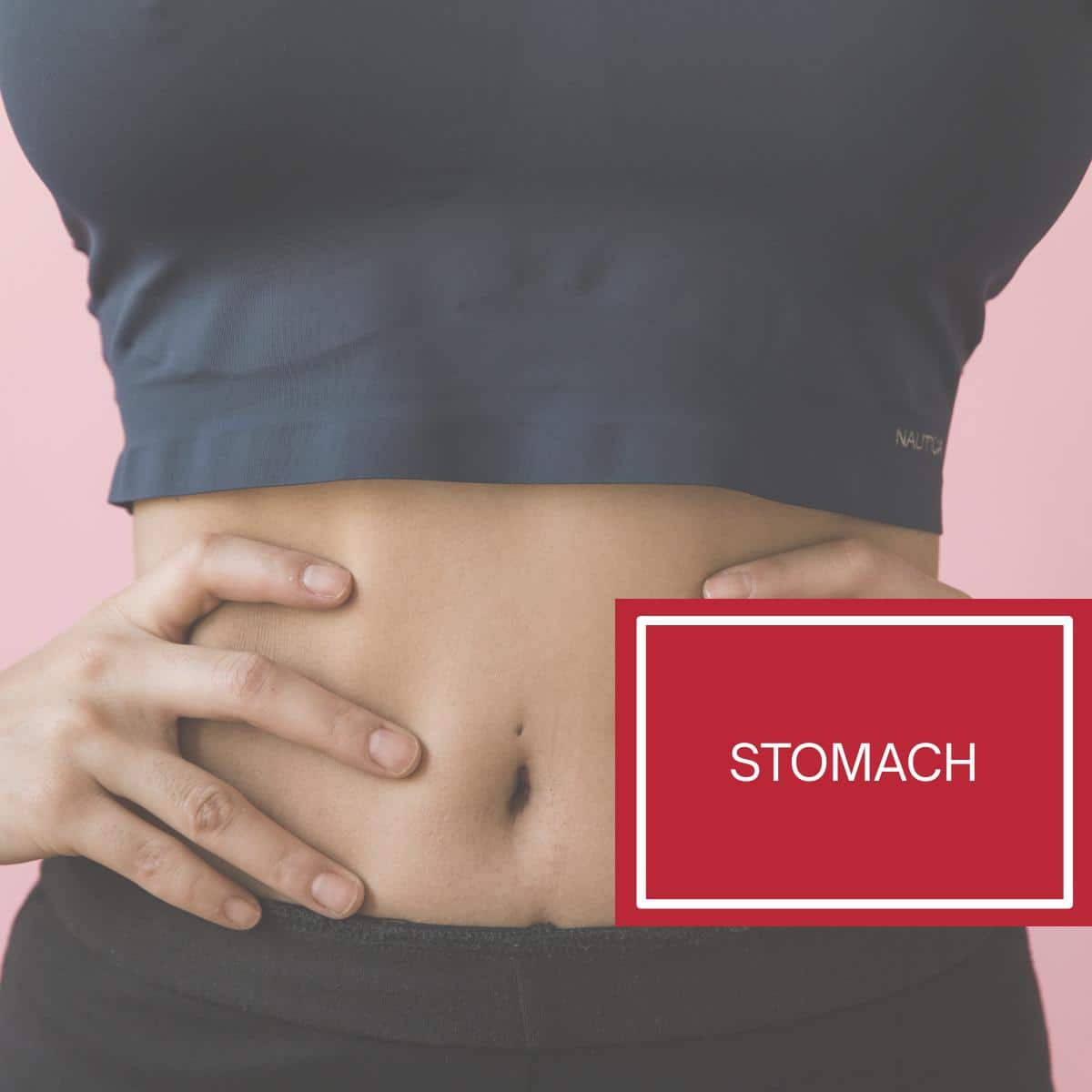
7 AM - 9 AM: Stomach Function
Have you ever heard the expression eat breakfast like a king, lunch like a pauper, and dinner like a peasant? In Traditional Chinese Medicine (TCM) this expression refers to the stomach organ having its fullest digestion power in the morning.
Stomach Self Care Tips:
- Breakfast should be the largest meal of the day and it should be cooked and warm. Easy meals like Italian scrambled eggs, porridge, Instant Pot congee with job's tears and red beans, leftovers from the night before, or even sauteed greens breakfast salad are easier for your body to digest.
- If you eat cold foods, this slows your digestion down and your body is not able to absorb the nutrients well.
- Curb Late Night Eating! If you are not hungry in the morning, it may be that you ate dinner late or too many late-night snacks the day before. Try our Mindfulness Eating script if you suffer from overeating.
- Bulk cook breakfasts for the week and just reheat in the morning to save time. In a rush, put your warmed breakfast in a thermos and bring it to work.
- Fall in love with your slow cooker! Pop all the fixings for oatmeal, immune boosting chicken and rice soup and such, and slow cook overnight. No one ever said you had to eat just breakfast foods for breakfast! Wake up to a delicious hot and nutritious breakfast.
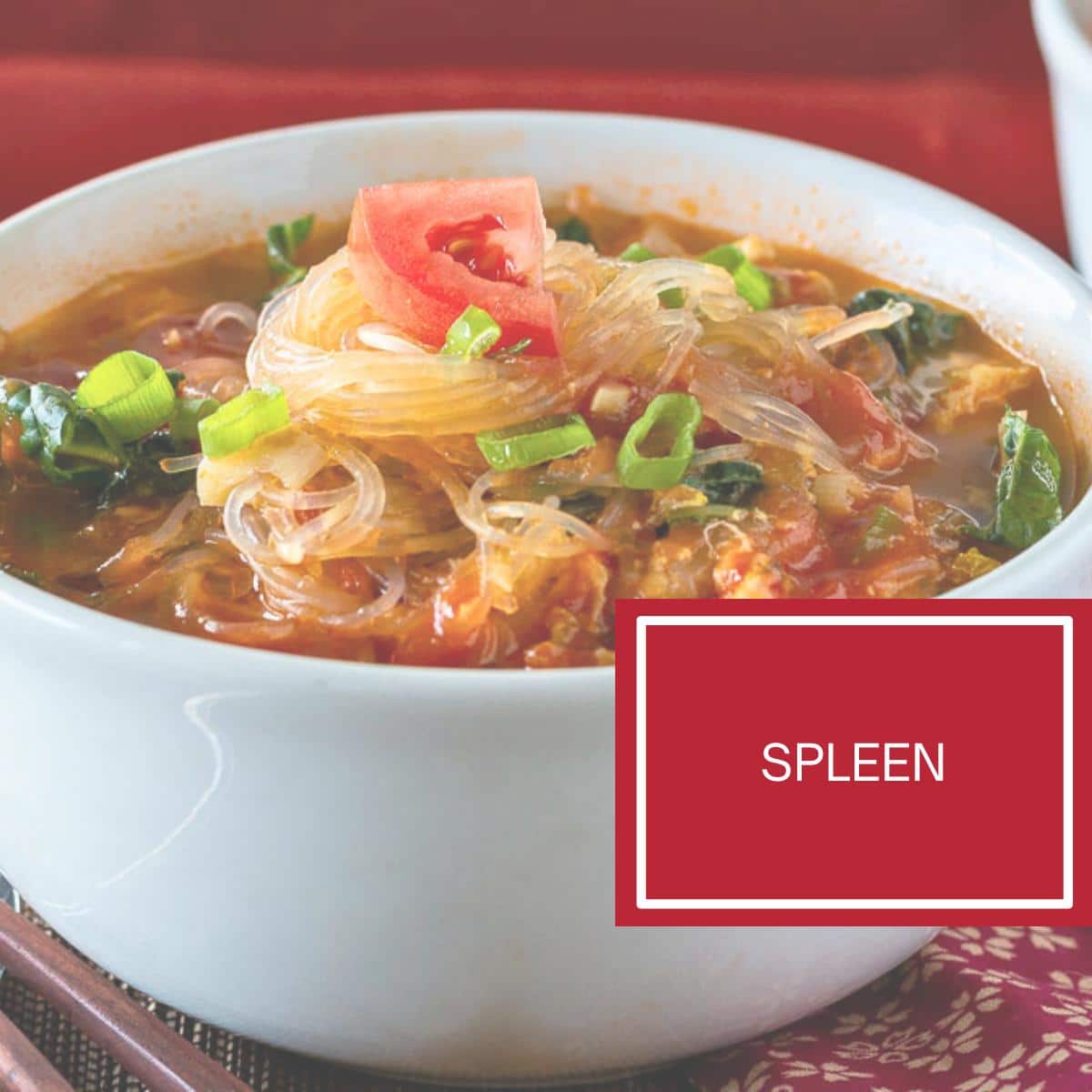
9 AM - 11 AM: Spleen Nourishment
You can learn all about the Traditional Chinese Medicine thoughts on the role of the spleen, how to protect the spleen, foods to nourish, and foods to avoid in our ultimate guide on spleen qi deficiency. Essentially, the spleen is responsible for transforming food into nutrients and qi for the body. It's an essential part of the digestion process. If it's not working properly, you may have gastrointestinal issues.

11 AM - 1 PM: Heart Health
The heart meridian is at its peak circulating blood and maintaining emotional balance between 11 am and 1pm. According to the TCM clock, this is the best time to enjoy a nutritious lunch and a moment of rest.
Heart Self Care Tips:
- Enjoy a light nutritious cooked lunch if possible. We know it is easy to grab a cold sandwich or pre-made salad, but this is very hard for your body to digest.
- Bring cooked leftovers to work from the night before and reheat. Make a big batch of low carb turkey veggie burgers or shrimp and chorizo rice and eat off it for a few days.
- Try to avoid working while you are eating. I know, we all do it. However, it is best for your heart to take a small break during this time, even if it is a 15 minute one.
- Remember to keep drinking water throughout the day to stay well hydrated.
1 PM - 3 PM: Small Intestine Absorption
The small intestine's role of separating the nutrients from waste is most optimal during 1pm to 3pm, according to the Chinese body clock. The small intestine is not actually linked to an emotion but has a close relationship with the heart and fire element.
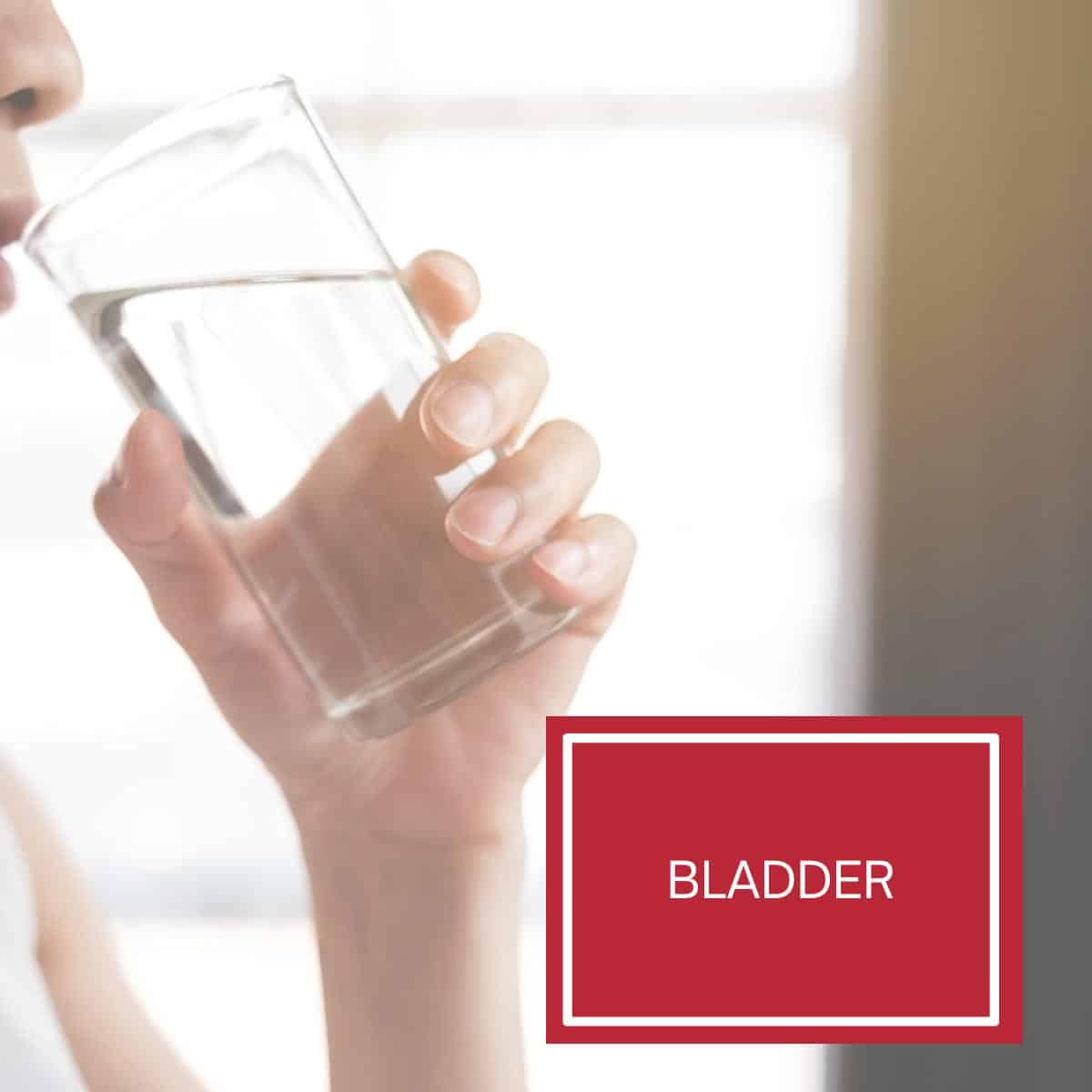
3 PM - 5 PM: Bladder Function
Hydration throughout the day is important, especially if you suffer from constipation or loose stools. Drinking water can help soften stools and make it easier to pass and/or replenish the fluids lost during the day. (6) According to TCM, the bladder function is at its peak between the hours of 3 pm and 5p.
If you are having a little slump or feeling more tired, this is a great time to drink more water. No ice! Remember - either at room temperature or warmed. Sometimes a little herbal tea is a perfect way to hydrate and feel ready to tackle the rest of the day.
Bladder Self Care Tips:
- Hydrate throughout the day. If you wait until you are already thirsty to drink, you are probably already dehydrated.
- Listen to your body's clues and drink more fluids when the weather is hot or while exercising. Don't forget! There are also insensible losses of fluids from respiration and more.
- Reduce the amount of fluid intake after dinner because you do not want to be up all night running to the bathroom to urinate.
- Try to avoid caffeine as this can dehydrate you and make you even more constipated. In addition, it may keep you up at night.

5 PM - 7 PM: Kidney
This is kidneys peak time, according to TCM, to filter fluids and chemicals in the blood, preserve life essence, and govern the emotion of fear. Overworking and not supporting your kidney functions can lead to a variety of digestion issues like nausea and more.
Unresolved fear can activate the fight or flight response. (7) The last thing the body worries about during a crisis is activating digestion. Once in a survival mode, your body concentrates on blood flow to the muscles and heart so you can escape danger. This is why getting to the bottom of why you are afraid and overcoming it, is imperative to fix your gut health.
Kidney Self Care Tips:
- Enjoy a light dinner BEFORE 7 pm. This is best for your digestive health.
- This should be lightest meal of the day. This gives your body time to rest and digest before going to bed.
- Eating a light dinner vs big dinner is completely opposite of what is done in the Western world. Just think about this for a minute. If you eat the biggest meal at the beginning of the day, your body has all day to digest and absorb nutrients. However, if you the largest meal is in the evening, the food may sit in your gut all night keeping you awake trying to digest. In addition, your bodily functions slow down at night. This may cause heartburn on indigestion.
- Make a big pot of ABC soup or chicken tortilla soup with black beans and enjoy it through the week.
- Enjoy blueberries, grapes, goji berries, apples, etc. as a natural sweet ending your light meal.
- Black foods like black sesame cereal and black berries are thought to help boost kidney function in TCM.
- Try a gentle walk, stretch, or meditate to relax the mind, dissipate fear and to facilitate movement of food through the digestive system. High intensity work outs before bed are not recommended as this may interfere with your sleep.
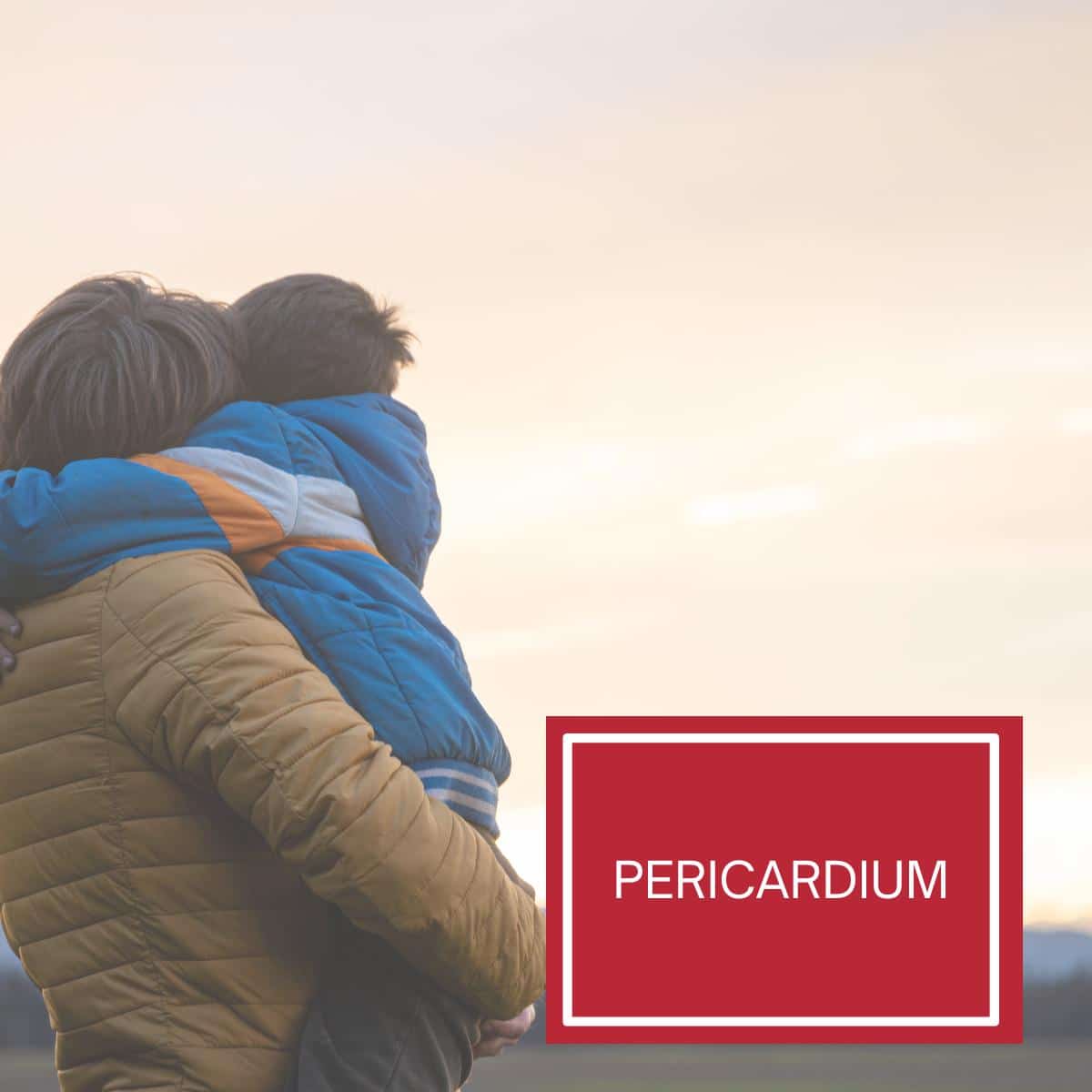
7 PM - 9 PM: Pericardium Protection
The pericardium is a protective layer around the heart. However, in TCM, this concept has a more loosely defined role as protector of the heart and mind. According to the Chinese body clock, 7 pm to 9 pm is the best time to connect with those you love and unwind for the day.
Pericardium Self Care Tips:
- Unwind with something relaxing or something that brings you joy.
- Let go of the day's events. Try journaling to resolve your emotions.
- Make a short and achievable list of the things that you want to accomplish the next day.
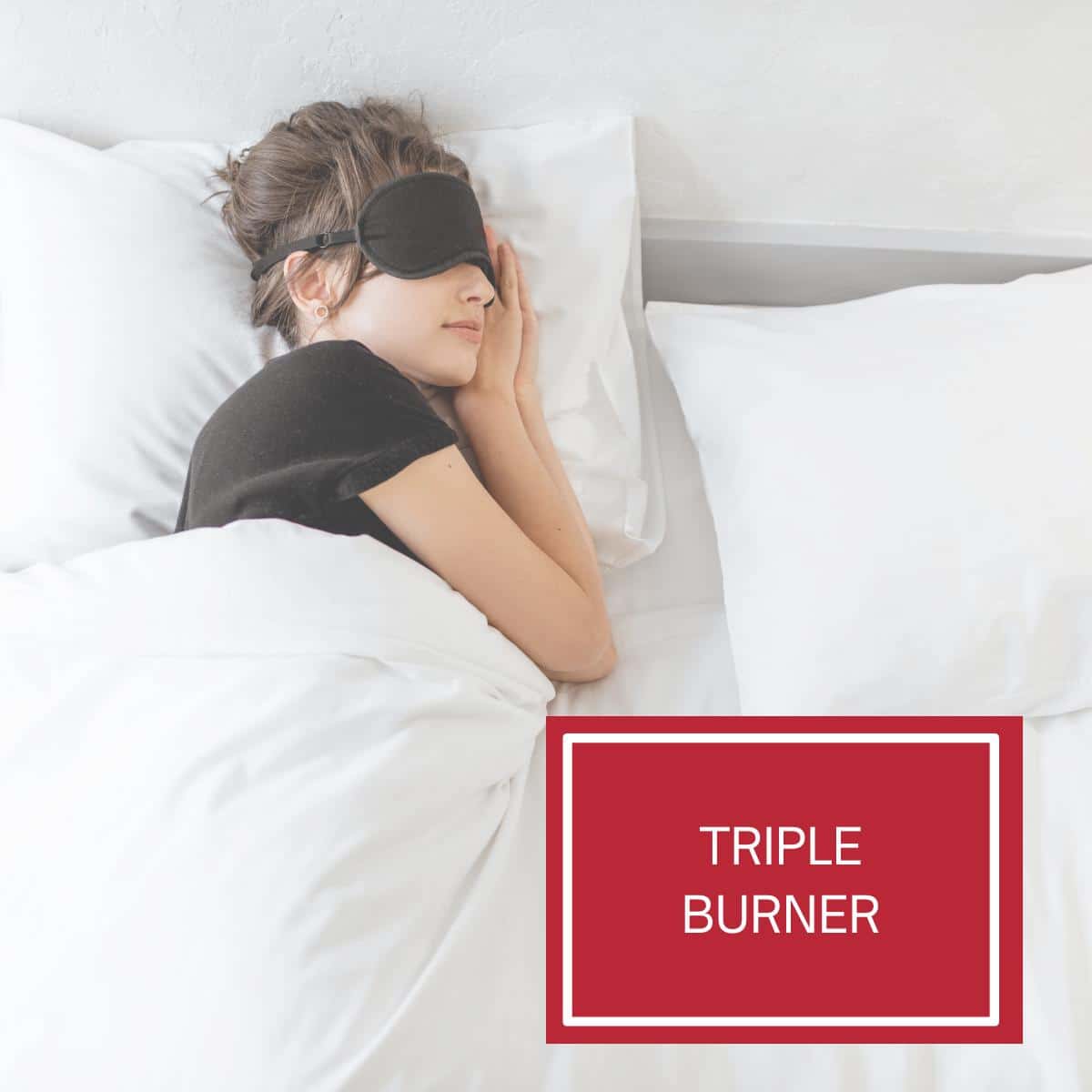
9 PM - 11 PM: Triple Burner Balance
The Triple burner is also referred to as San Jiao. It is not a particular organ per se. Instead, it's responsibilities are movement of qi and regulating fluids.
Any sleep you get before 10pm is the best! You may even reduce the chance of cardiovascular disease. (8) It helps to repair and regulate the body's systems that have been working all day for you. This is important because it all ties back to the Chinese medicine clock where the optimal time to defecate is between 5 am and 7am. If you are to bed by 10pm, that is between 7 to 9 hours sleep.
Triple Burner Self Care Tips:
- Start the nighttime processing routine (relaxing bath, brushing teeth, stretching, getting your pajama's on)
- Turn off the electronics and head to bed.
- Make the room dark, cool, quiet, and comfortable.
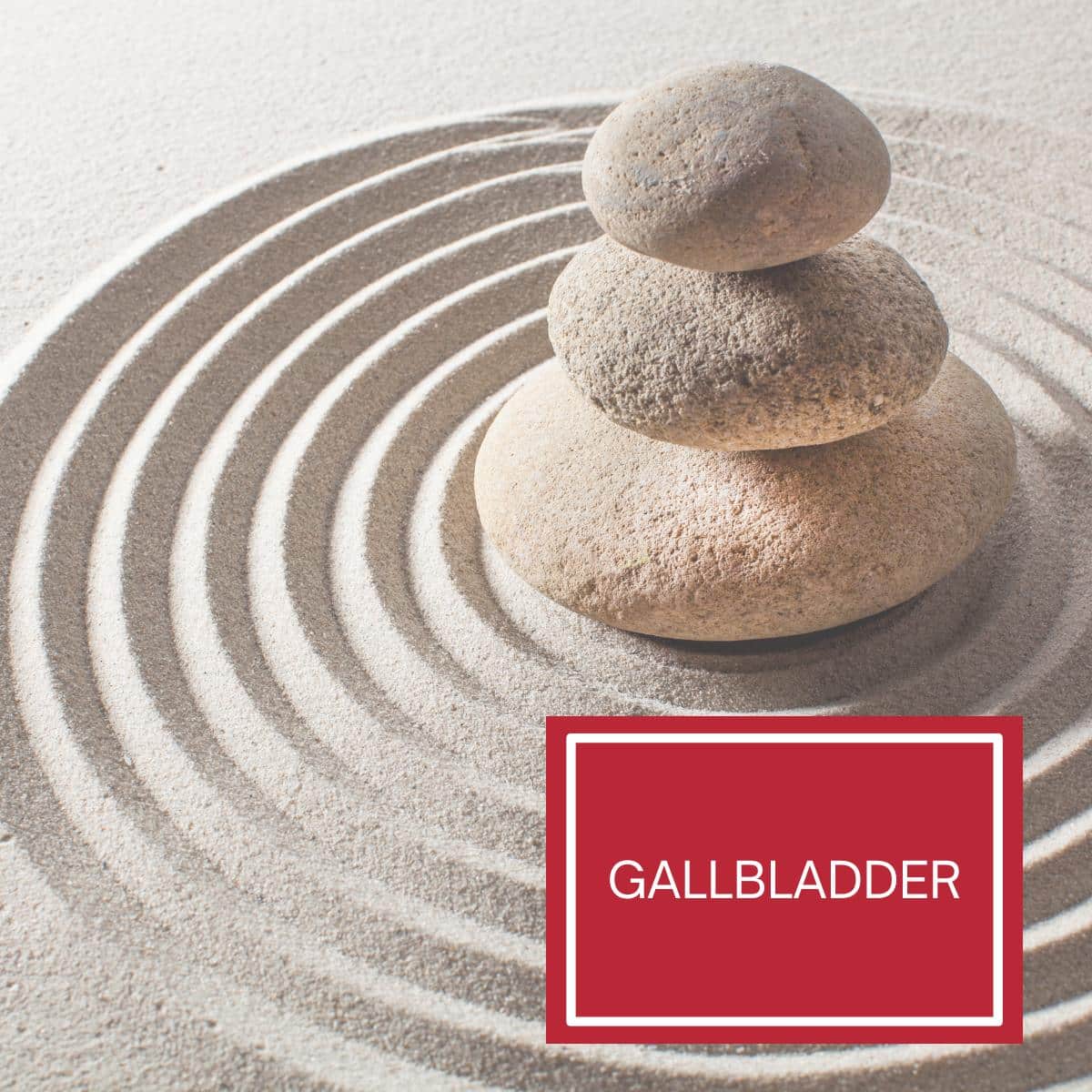
11 PM - 1 AM: Gallbladder
The gall bladder works along with the liver to store and excrete bile. As bile is needed to help break down fats, any imbalance can cause digestive issues.
The emotion connected to the gall bladder meridian is courage. Lack of courage can cause problems with indecisiveness and difficulty making decisions. This problem can affect your sleep cycle waking you up in the middle of the night.
Gallbladder Self Care Tips:
- Perform gentle exercises during the day like walking to stimulate digestion and optimize the performance of the gallbladder.
- Calm any anger or frustration during the day with yoga, meditation, tai chi or even journaling.
- Avoid greasy fried foods and junk food. Choose lean proteins and green leafy vegetables.
Managing the Chinese Meridian Clock as a Shift Worker
Working the midnight shift can really upset your biological clock and your gut health. To make it even worse, many of us swap back to the day shift to take care of family and home life.
After doing years of exhausting 12-hour day and night rotations, we know how horrible you feel. You feel like you really might just die between 3 am and 4 am. Let's discuss some options to compensate for this time difference.
- First, try to get on the day or at least afternoon shift as soon as possible. The sooner you do, the better you will feel.
- As you already know, taking a nap before your first night shift is a great place to start.
- Eating can be difficult as your gastrointestinal system is in havoc. Sometimes, eating smaller easier to digest meals is best. Avoid spicy, greasy, sugar laden junk food.
- Drink warm water on your way home from the night shift to get things moving. Goal is to defecate before you go to sleep.
- Create a sleeping room sanctuary. The goal is to sleep as soon as you can after you get home. Any sleep you can get before noon is GOLD!
- Put your phone in the other room on silent.
- Room darkening blinds or drapes are a great way to block out the light. Try ear plugs and you may even want to purchase the eye mask to block out all the light. Some people like white noise as that helps block out any house noises.
Balancing Gut Health
In the Western world, we talk about circadian rhythms or patterns where we rise with the sun and sleep when it sets. However, the Chinese Medicine body clock takes this concept several layers deeper to understand how the body has the potential to balance and heal itself if you eat, sleep, exercise, and eliminate at certain times during the day. All these vital bodily functions are imperative for good gut health.
Disclaimer
The contents of this website are for informational purposes only and do not constitute medical advice. The Content is not intended to be a substitute for professional medical advice, diagnosis, or treatment. Always seek the advice of a physician or other qualified health provider with any questions you may have regarding a medical condition. Never disregard professional medical advice or delay in seeking it because of something you have read on this website.
In the event of a medical emergency, call a doctor or 911 immediately. This website does not recommend or endorse any specific tests, physicians, products, procedures, opinions, or other information that may be mentioned on the Site. Reliance on any information provided by this website is solely at your own risk.
Sources
- Weintraub G. The relationship of Qi and Blood. Am J Trad Chin Vet Med 2009; 4(1):83.
- Li Jiaqian, Liu Li. Research Progress about Diagnosis and Treatment of TCM to IBS-C of Liver-Qi Stagnation. Academic Journal of Medicine & Health Sciences (2024), Vol. 5, Issue 1: 7-12
- Meng Yuan, Hongyuan Chen, Wen Rui, The research advance on the theory of Chinese medicine-exterior-interior correlation between the Lung and Large Intestine in the treatment of chronic cough, Journal of Holistic Integrative Pharmacy, Volume 5, Issue 3, 2024, Pages 195-204.
- Harvard Health. (n.d.). The gut-brain connection. Retrieved from https://www.health.harvard.edu/diseases-and-conditions/the-gut-brain-connection
- Gora, A. (2023, September 26). What causes a 'nervous stomach'? Live Science. https://www.livescience.com/health/what-causes-a-nervous-stomach
- Wang, DC., Peng, XF., Chen, WX. et al. The Association of moisture intake and constipation among us adults: evidence from NHANES 2005-2010. BMC Public Health 25, 399 (2025).
- Kazufumi Yoshihara, Hiroki C. Tanabe, Hiroaki Kawamichi, Takahiko Koike, Mika Yamazaki, Nobuyuki Sudo, Norihiro Sadato, Neural correlates of fear-induced sympathetic response associated with the peripheral temperature change rate, NeuroImage, Volume 134, 2016, Pages 522-53.
- Shahram Nikbakhtian, Angus B Reed, Bernard Dillon Obika, Davide Morelli, Adam C Cunningham, Mert Aral, David Plans, Accelerometer-derived sleep onset timing and cardiovascular disease incidence: a UK Biobank cohort study, European Heart Journal - Digital Health, Volume 2, Issue 4, December 2021, Pages 658-666.


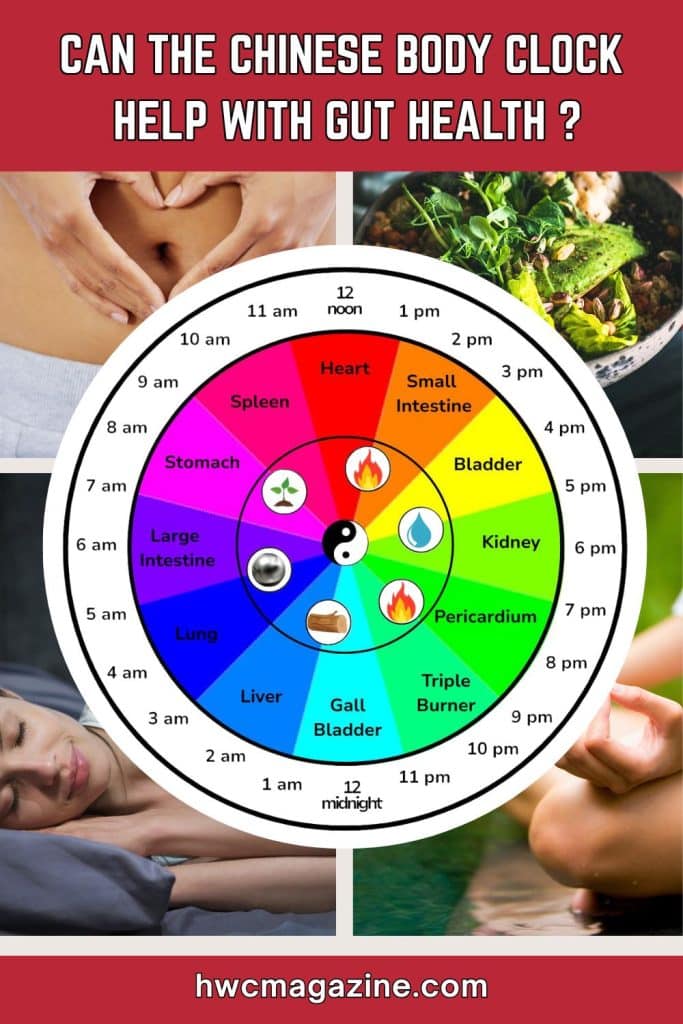
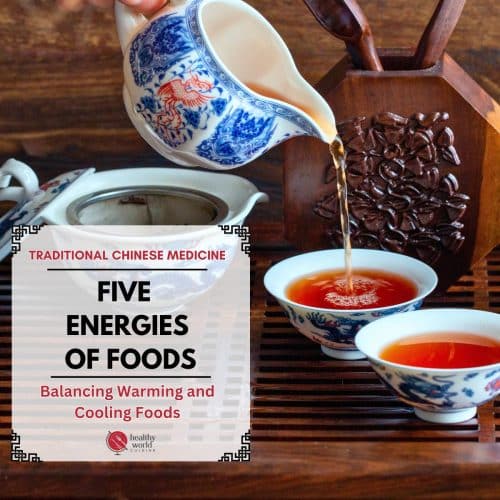


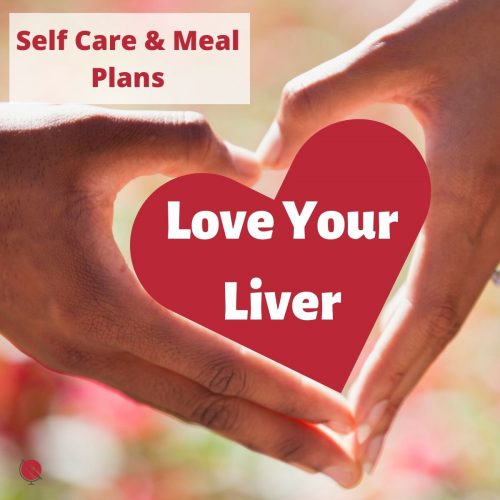

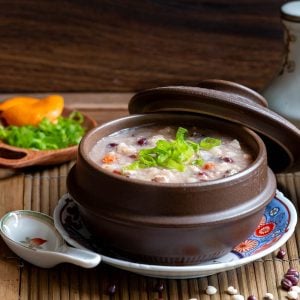

Hannah says
As a vegan, I have zero qualms about talking poop! It really is SO important and not anything we should be ashamed of. This is a brilliant resource; I really appreciate your no-nonsense approach.
HWC Magazine says
Thank you so much for your kind words! We completely agree—talking about gut health is vital, and it’s great to see a vegan perspective embracing this topic openly. Your enthusiasm helps break the stigma, and we’re thrilled you found our resource helpful! Keep championing gut health!
Ali Crimmins says
Such a thorough article - very informative and helpful! Well written.
HWC Magazine says
Thank you Ali for your wonderful feedback! We're glad you found the article informative and helpful. Our goal is to provide valuable insights, and it's great to hear that it resonated with you. If you have any questions or topics you'd like us to explore further, feel free to share!
Eha Carr says
Darling Bobbi -you know I know something about food and something about medicine - but CTM has always been a mystery to me. Well, when I had breast cancer nearly 20 years ago, for the sake of my 'feeling-world' I refused chemotherapy post-operatively and took a Chinese herb I had read about daily for 5 years . . . I am writing to you now! So, I must have 'sensed' something.? But, looking at your Chinese Body Clock now . . . well, some 20 minutes ago I had this slight 'hmm-ha-really' look on my face UNTIL I began reading . . . well, as you are aware I am very much changing my health thinking to the Integrated way of finding causes rather than taking pills . . . and many of the behavioural ideas you are describing fit right in . . . THANK YOU, and, at this late stage in life I better begin finding out what you did way back in the Hong Kong days . . . hugs, Milady and shall repost when I can . . .
HWC Magazine says
Dearest Eha! You are a fighter, if I have ever seen one. You have overcome so many adversities in your life - I am thankful you were open to TCM to heal from within. It really is so amazing how our emotions are tied to how you feel physically. We have to nurture both. Please take care of yourself dear.